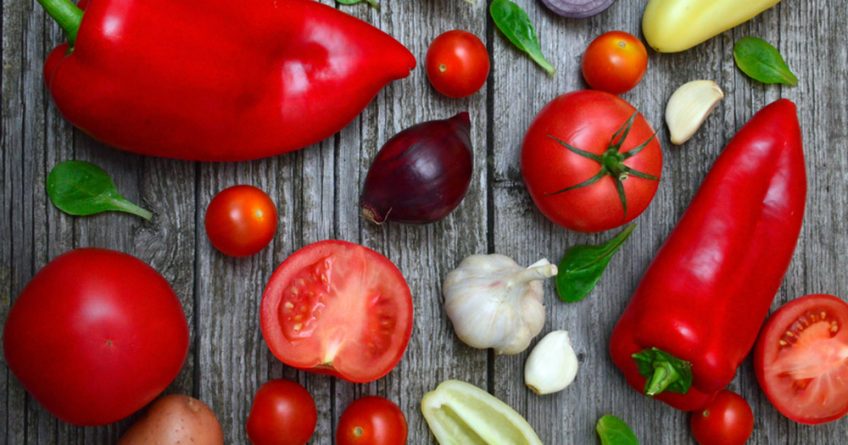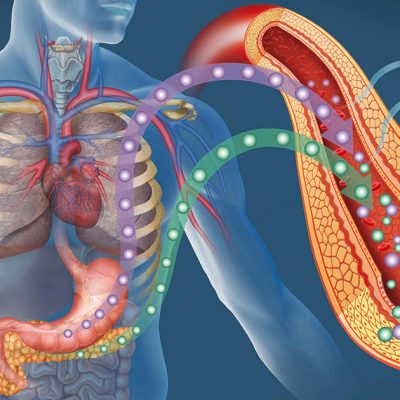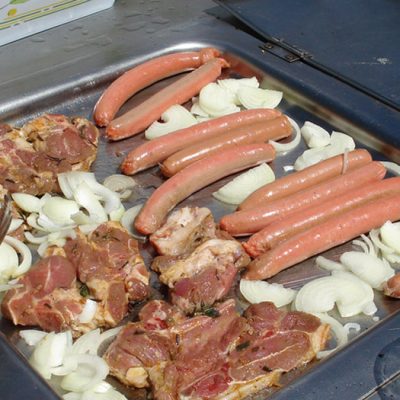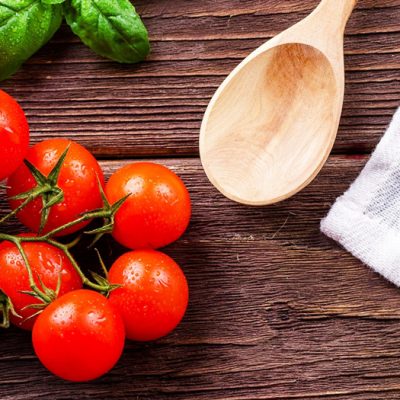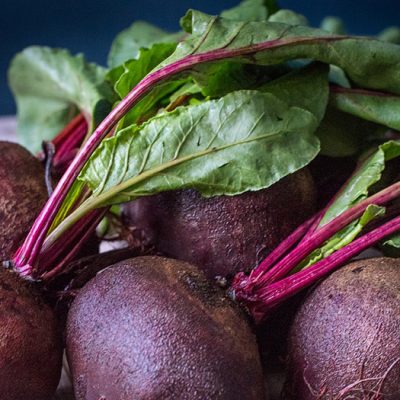Hormone balance affects your appetite — the foods you crave — as well as what your body actually needs. Diet and hormone relationships are often much more pronounced in women but also apply to men.
Hormonal Cycles and Imbalance
Ever wondered why you crave certain foods at different times in your cycle? Have you noticed that consuming certain foods at certain times makes you feel very good or very bad? Wonder why?
Well, your hormone levels ebb and flow throughout the month. This is usually in a carefully orchestrated fashion. However, in today’s world of high stress, pollution, and unbalanced diets, this delicate hormonal balance is disrupted.
For premenopausal women, this may manifest as premenstrual syndrome, irregular menstrual cycles, fibrocystic breast disease, endometriosis, dysmenorrhea (menstrual cramping), or menorrhagia (heavy menstrual bleeding). Perimenopausal women can also experience problems with hormone balance, but at this time it may manifest as hot flashes, anxiety attacks, and/or heart palpitations.
Restoring Balance Through Your Diet
Luckily, you can use what you eat to help restore your hormonal balance. Here are some general guidelines.
1. Eat plenty of vegetables (especially “cruciferous” vegetables like broccoli, cauliflower, Brussels sprouts, etc.), legumes (especially soy), fruits (especially citrus), and whole grains (especially rye) to provide nutrients that may help support hormone detoxification and excretion.
2. If you eat animal sources of protein, organic is highly recommended to avoid the hormones often given to non-organically raised livestock.
3. Cold-water fish (such as salmon, sardines, and halibut) are an excellent source of protein as well as essential omega-3 fatty acids, which support hormone balance.
4. Use olive or soya oil for cooking; flaxseed oil for dressings.
5. Avoid saturated or hydrogenated fats, such as margarine, lard, shortening, butter, and other animal fats, which may aggravate conditions associated with hormone balance.
6. Drink plenty of filtered water.
7. Avoid caffeine-containing beverages, as caffeine may interfere with hormone detoxification.
8. Avoid soft drinks containing refined or artificial sweeteners.
Following these general guidelines will get you started. If you’d like more help with your diet, you can always visit a dietitian or nutritionist. Happy eating

